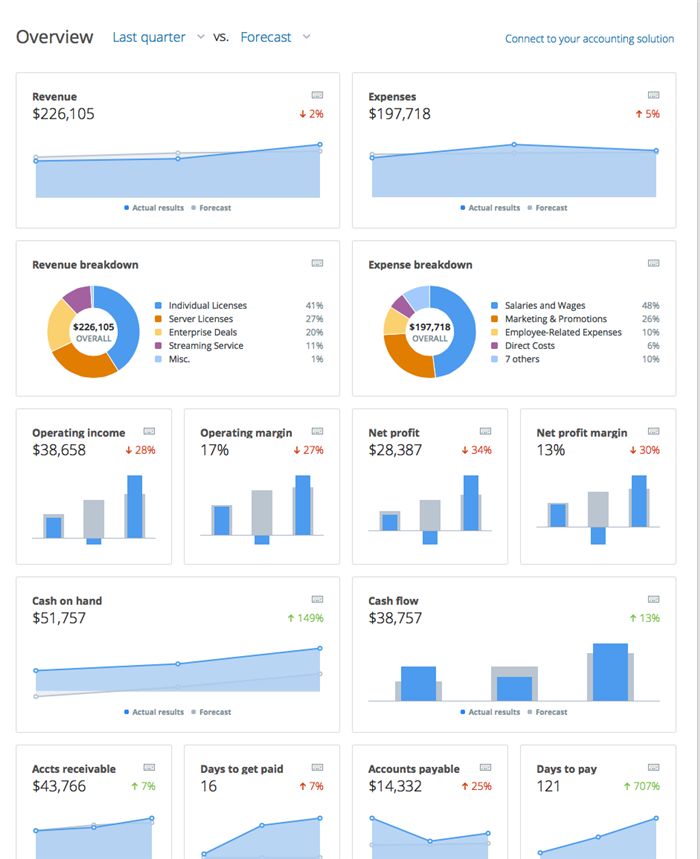Should You Stick to the Business Plan or Change It?
Deciding whether to stick to your business plan or make changes can be a difficult decision. It’s important to evaluate the current state of your business and assess whether it aligns with your original goals. If you find that your business is not meeting expectations or facing unexpected challenges, it may be necessary to consider making changes to your plan.
One of the key factors to consider is market feedback. Listen to your customers and stakeholders to understand their needs and preferences. This feedback can help you identify areas where your business plan may need adjustments or improvements. It’s important to glean insights from customer feedback and use it to inform your decision-making process.
Additionally, keeping an eye on industry and market trends is crucial. Stay informed about changes in the market and maintain flexibility in your business plan. Being adaptable allows you to take advantage of emerging opportunities or navigate potential threats. Remember that sticking rigidly to a plan may hinder your ability to respond effectively to evolving market conditions.
Interpreting data and analyzing key performance indicators (KPIs) is another essential aspect of evaluating your business plan. Analyzing sales figures, customer acquisition costs, and other relevant metrics can provide valuable insights into the success or failure of your plan. If you notice consistent patterns of underperformance or unexpected successes, it may be time to reassess your strategy.
Ultimately, the decision to stick to your plan or make changes depends on a variety of factors unique to your business and its circumstances. It’s important to carefully weigh all the information available to you and consider the potential impact of any changes. By following a thoughtful and data-driven approach, you can make informed decisions that will contribute to the growth and success of your business.

The best and most useful kind of business planning is not a one-time business plan, but rather a continuous process. The initial business plan is just the first step. Throughout the lifespan of your business, you should review the plan monthly. Compare actual results to the planned outcomes, determine optimization steps, and revise the plan accordingly.
Continuous business planning offers several benefits:
– Maintains focus
– Aligns the team with priorities
– Addresses marketplace changes promptly
– Adjusts strategy and tactics based on performance
It all begins with understanding what actually occurred. Reviewing entails comparing actual outcomes to expected ones. Business plans are always imperfect, so there will inevitably be disparities between the plan and actual results.
For financial data, such as sales and expenses, accountants refer to the difference between planned and actual results as variance. Variance analysis examines these differences to identify discrepancies and their direction.
You can conduct variance analysis using a spreadsheet or accounting software. LivePlan, for instance, integrates with accounting software to provide automatic dashboard comparisons between actual and planned results, as well as previous results.
The example below illustrates this process.

The Dashboard in LivePlan focuses on resulting management rather than accounting or calculations. Indications of problems or unexpected positives are sought out to react accordingly.
In the provided illustration, revenue is lower than planned and expenses are higher, resulting in less operating income. However, cash and cash flow are improving, which is good news. This improvement may be due to the company stretching out its payments, averaging about six months, which is seven times more than planned. As a consequence, accounts payable is 25 percent higher than planned. While this helps with financing and keeping money in the bank, it may also damage the company’s reputation and relations with vendors.
The main point is the management, not the specific numbers. Given these results, what can be done to improve the company?
The monthly review meeting is crucial for real business planning—Lean Planning. The decisions made and the subsequent management are the true value of business planning. To effectively achieve this, a regular monthly review is necessary to track results and make revisions when needed.
The toughest part of the review meeting is deciding whether to stick to the plan or make changes. In reality, things never go exactly as planned, so the goals, tracking, milestones, and expectations set in the business plan may need to be adjusted.
During the review meeting, several important questions should be asked:
– What happened? What went right and what went wrong?
– If the plan is changed, is the forecast versus actual result valid?
– Doesn’t consistent execution play a role in making strategy work?
These are valid questions without easy answers. Each case should be evaluated individually.
Staying the course with the plan has its arguments. It is better to have a mediocre strategy consistently applied over three or more years than a series of brilliant strategies implemented for a shorter duration. Management teams often lose interest in a strategy before it has a chance to be effective, resulting in missed market potential.
On the other hand, there are arguments for revising the plan. Sticking to a flawed plan for the sake of it is futile. Best practices in business planning have evolved over the years, and blindly following a plan without considering its effectiveness can lead to failure.
To decide whether to stay the course or revise the plan, it is essential to focus on the assumptions made. Identify the key assumptions and determine if they have changed. If the assumptions have changed, there is no virtue in sticking to a plan built on top of them.
Use common sense to evaluate if the entire plan was wrong or just the timing. Consider external factors like market problems, disruptive technology, or new competition that may have changed the assumptions. Revise the plan if it is out of date, inaccurate, or based on false assumptions, but avoid making changes without careful consideration.
Remember, the purpose of having a plan is to manage the business better.
(Note: Some of this material is taken from the book "Lean Business Planning," published by Motivational Press in 2015. A LivePlan version of it is available for free download here.)
(This article was originally published in 2015 and was revised in 2018.)
Hello!
I’m Andrew Brooks, a seasoned finance consultant from the USA and the mind behind phonenumber247.com.
My career is built on a foundation of helping individuals and businesses thrive financially in an ever-changing economic landscape. At phonenumber247.com, my aim is to demystify the complex world of finance, providing clear, actionable advice that can help you navigate your financial journey with confidence. Whether it’s personal finance management, investment strategies, or understanding the nuances of market dynamics, I’m here to share insights and tools that can propel you towards your financial goals.
Welcome to my digital space, where every piece of advice is a step closer to financial clarity and success!
